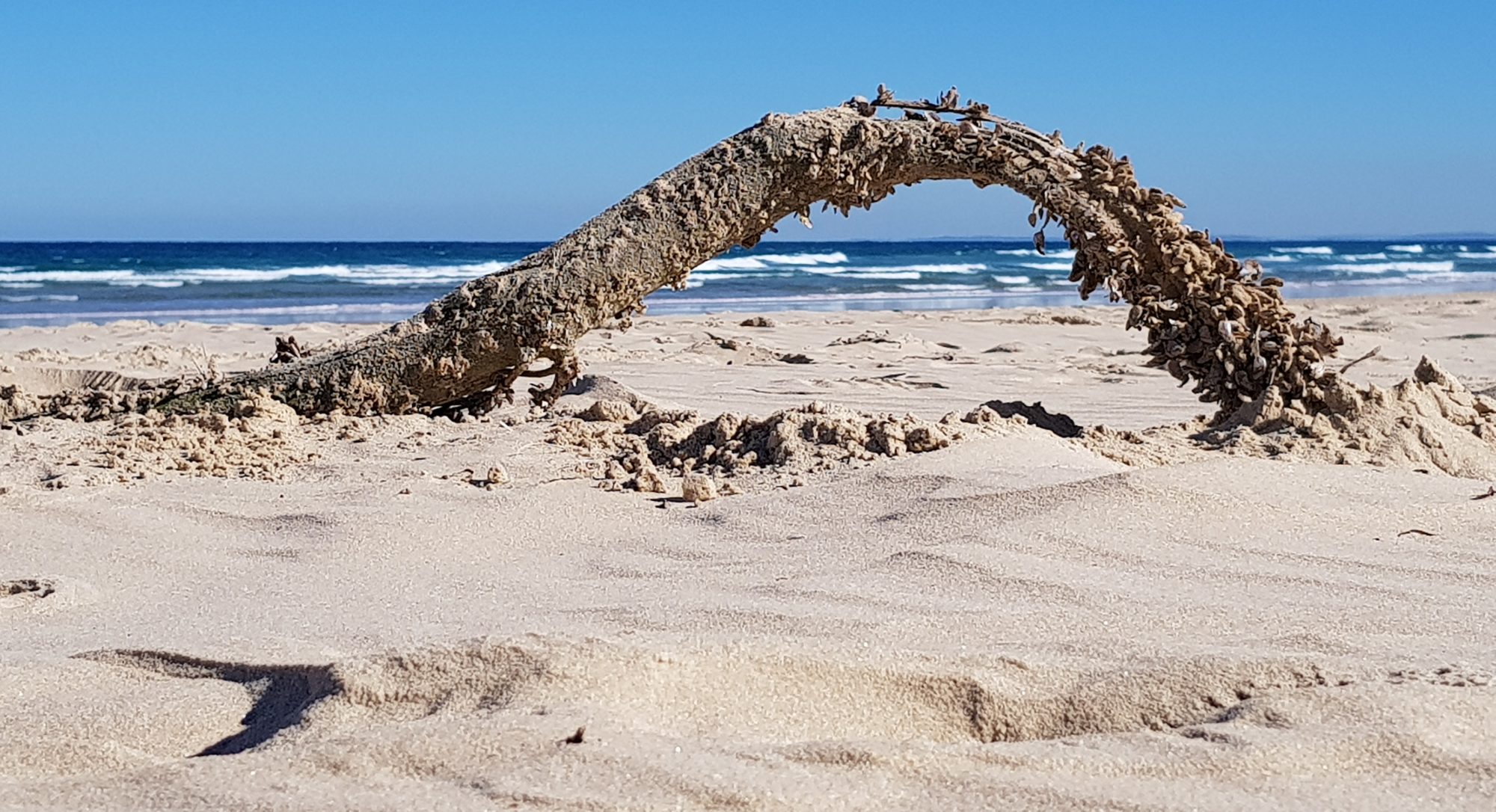When editing, you sometimes come across terms and phrases which can momentarily take your breath away – and not because they’re creating images of beauty in your mind, but because they’re words which you weren’t expecting to read.
As an editor, it’s your job to protect your writer from unnecessary criticisms, to ensure that their work reflects them, their talents, the message that they’re trying to get across. If you don’t to this correctly, the text may end up distracting the audience with words or terms which the they may seize upon as offensive, leading them to create a noise which will divert attention from the quality of the writing and the message of the writer.
Please explain?
As publisher of Narrator Magazine, we try to bring a wide variety of creative writings to our audience. To do this, we often have to publish items that we, personally, aren’t all that fond of. We also get to publish items that we do find entertaining, amusing, intelligent, or thought-provoking. And we have to publish items that we don’t necessarily think are that good, but which we feel the readers should decide.
The aim of Narrator Magazine is to bring unedited works to the table. We don’t have the time, nor the resources, to edit these works for free, so we do a light proofread, standardise the formatting as much as we can, then publish.
Sounds simple, but what happens when you read a relatively decent story, but get near the end and come across one of those terms that takes your breath away? How do you decide whether to accept or reject? And do you accept or reject the whole story, or do you cross the line and just edit that little bit? Or do you leave it?
The most recent example which springs to mind was a story, set in Australia, which used the word ‘Abo’ (short for ‘Aboriginal’ or ‘Aborigine’ – the name used for our Indigenous people).
As a child of the 1960s, this was a term we used often. Australians are notorious for shortening any word or name they can, so on reflection, it is not surprising that the word ‘Abo’ was part of the lexicon.
However, as cultural knowledge and understanding has improved over the decades, this word has all but disappeared from common use. When referring to our Indigenous people now, we use the term ‘Aboriginal’ or the name of their tribal group, and think nothing of it. And it’s funny, you don’t realise how far we’ve come until you’re suddenly thrown back to the 1970s with a term you just don’t hear these days.
So I’m reading this story when all of a sudden, one character turns to the other and uses the term ‘Abo’. I actually felt shock. Seriously – no drama here – I did feel shocked. And then I was disappointed that the writer had chosen to use this term: seriously, how could he risk ruining his story like that? And then I breathed and stepped back and thought it through. The character had said it, not the writer. The character. One character talking to another, privately, under a certain set of circumstances. And in context, it said something about the character, about his background, about the time, perhaps, that the story was taking place. He definitely wasn’t a politically correct, indoctrinated city type. He was definitely a down-to-earth no bullshit type, probably educated enough but nothing fancy.
I thought it through and figured that if anything, it would show how far we’ve come, and that to write honestly, your characters have to be who they are. We can’t spit and polish them so that they don’t offend anyone – who wants to read what a bunch of cardboard cut-outs might get up to? Good strong writing has real characters, people who are true to themselves, and people who are not necessarily politically correct or culturally sensitive or aware.
And so I left it. I published the magazine, and to date, no one has complained. And I’m hoping it will stay that way, that people will read it for what it is, an added dimension to the character’s character, and not as a return to less informed times.
